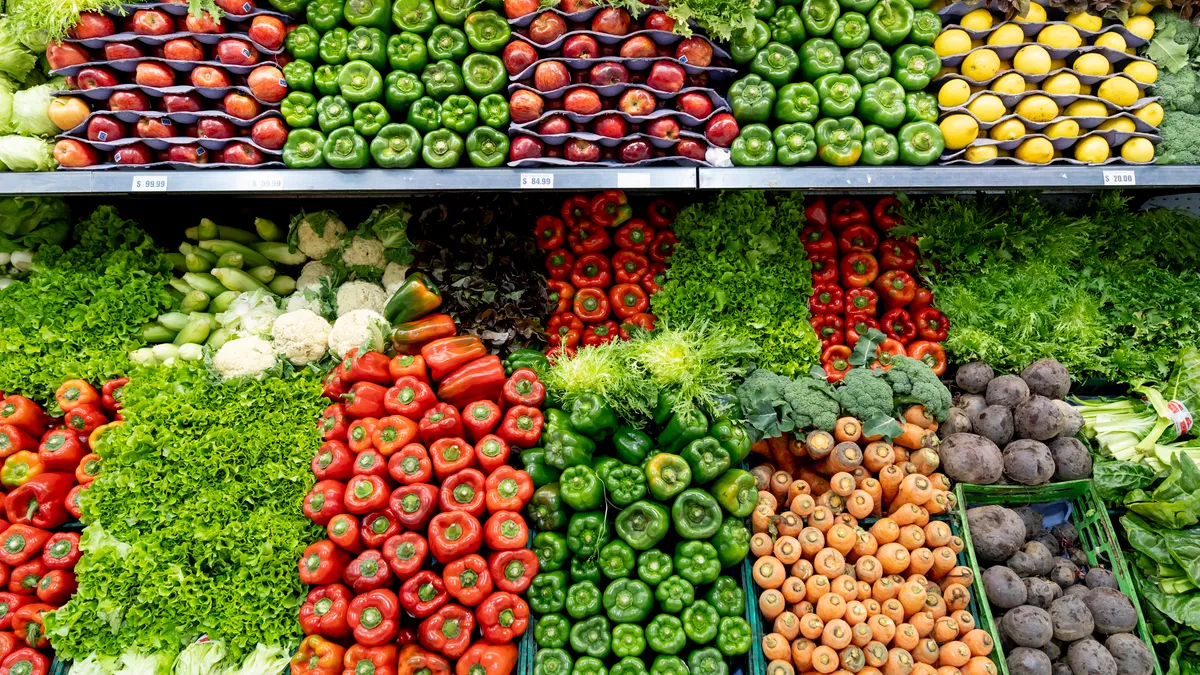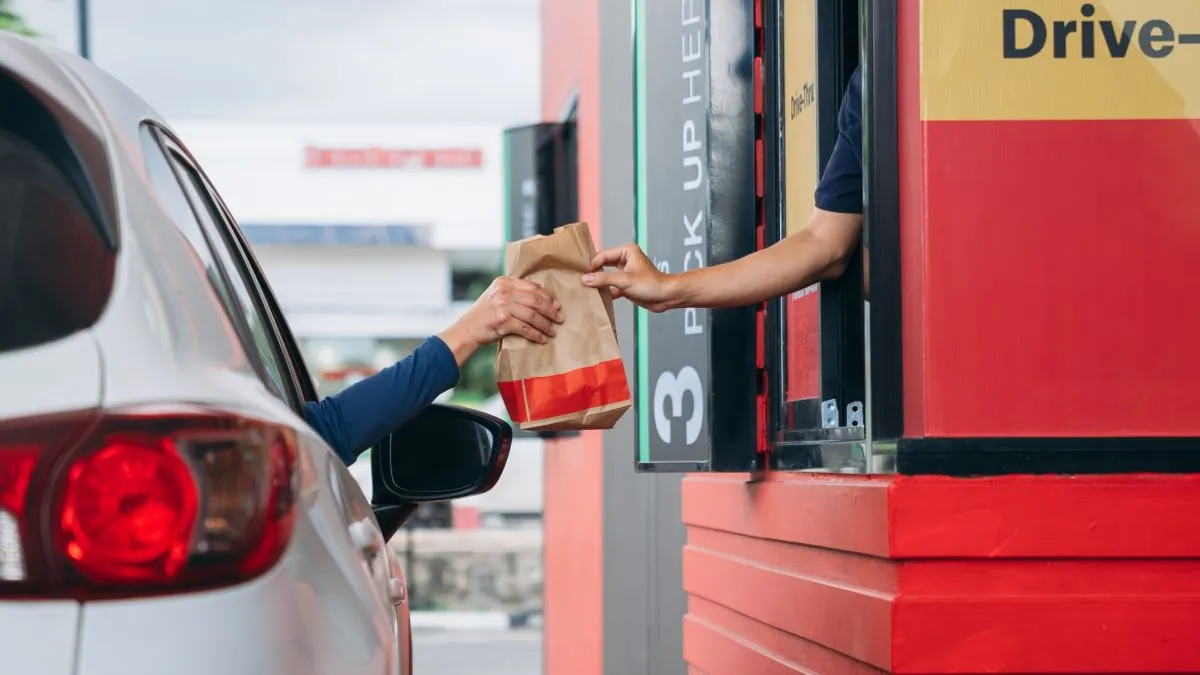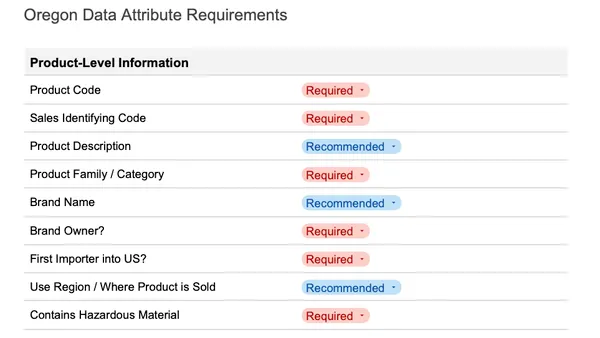Dive Brief:
- The International Fresh Produce Association, Reusable Packaging Association, National Wooden Pallet & Container Association and other food and farm groups have launched the Alliance for Sustainable Packaging for Foods.
- The organization formed in response to packaging waste regulations being developed in the European Union and Canada. Why launch such an alliance now? “We don't want food safety to become an afterthought,” said IFPA Chief Science Officer Max Teplitski. Significantly reducing single-use packaging waste is critical, “but what we hope for is a thoughtful engagement — it can’t be a massive experiment on a global scale, especially when we don't know the answers.”
- The alliance describes itself as “chemistry- and technology-agnostic” while recognizing that plastic packaging options are currently effective at maintaining product freshness.
Dive Insight:
Governments are advancing rules to reduce packaging waste, in part by restricting single-use packaging and promoting reuse. The alliance says it aims to “engage with regulators, governments, researchers and civil society organizations to ensure that packaging regulations for food achieve environmental sustainability without compromising food safety and product quality” and without increasing the industry’s carbon footprint.
Because such regulations have not yet taken effect, there haven’t been proven food safety incidents, Teplitski said. But a position paper posted to the alliance’s website analyzing published peer-reviewed studies states that “there is mounting scientific evidence that the implementation of certain provisions will have negative impacts on food safety, increase food loss and waste, and increase the overall carbon footprint of food production and distribution.”
In the EU, the Packaging and Packaging Waste Regulation has reached trilogue negotiations, or those involving the European Commission, Council and Parliament. Teplitski is aware that PPWR has been heavily lobbied and is far along in the process, but still, “we think that we can help the parties see the importance of food safety and food loss and food waste as they narrow down the positions that they will accept.” The alliance would like to see the final document include a liability release for vendors if there’s a food safety event associated with consumer refillable packaging, as well as potential exemptions from bans in the case of food safety concerns.
While there isn’t currently a serious push for federal packaging waste regulation in the United States, agencies have focused on reducing food loss and waste. Packaging could play an important role. Ameripen recently supported Michigan State University School of Packaging’s research into how packaging can keep produce and other foods fresh, thereby minimizing food waste.
The new alliance will continue advocating for R&D investment. Going forward, the alliance’s key principles also include supporting “unambiguous and streamlined identification of packaging” to facilitate reuse, recycling or composting, and considering “holistic life-cycle assessment tools to gauge the overall environmental impacts of changes in packaging regulations.”











